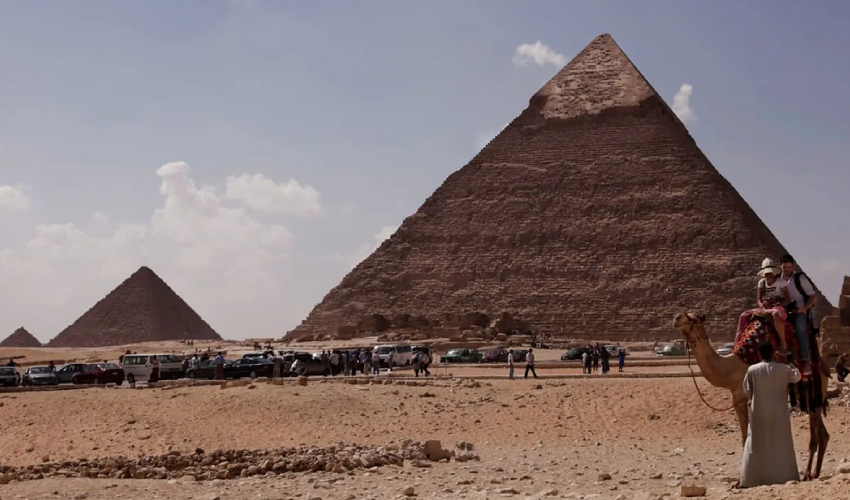Paleontologists have unveiled the fossilized remains of a juvenile marine crocodile estimated to be 10 to 12 million years old, discovered in the fossil-rich Ocucaje desert of Peru.
The three-meter-long (nearly 10-foot) gharial crocodile fossil was found in near-perfect condition in late 2023, about 350 kilometers (190 miles) south of Lima. The discovery marks the first juvenile specimen of its kind ever identified.
“This is the first time we found a juvenile of this species. It had not reached its maximum size and died before that,” said Mario Gamarra, a vertebrate paleontologist, during a news conference.
The crocodile's unique anatomy, including an elongated snout and jaws designed for piscivory, distinguishes it from modern crocodiles and alligators.
"Their diet was entirely fish-based, and their closest living relative is the Indian gharial," added Gamarra, who led the fossil’s reconstruction.
The groundbreaking discovery was a collaborative effort between Peru's Geological, Mining and Metallurgical Institute and the La Union school.
Peru's Ocucaje desert has previously yielded significant Miocene-era fossils, including dwarf whales, dolphins, sharks, and other prehistoric species.



























